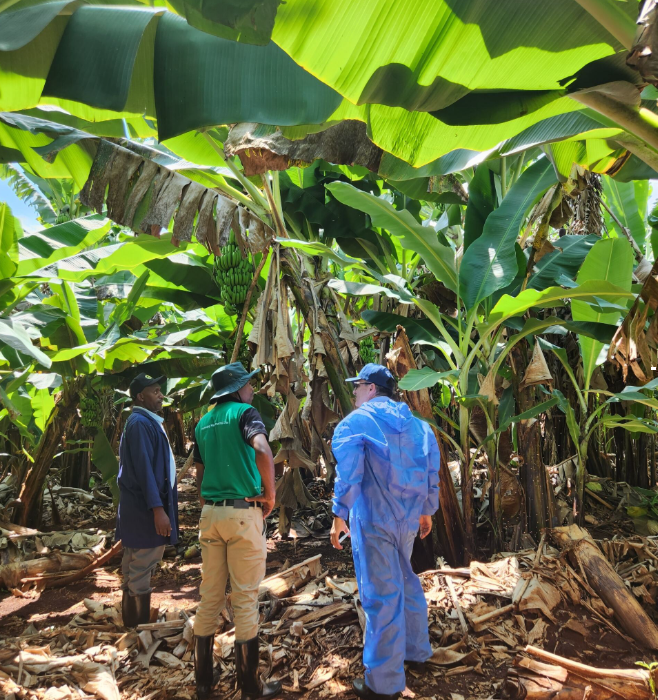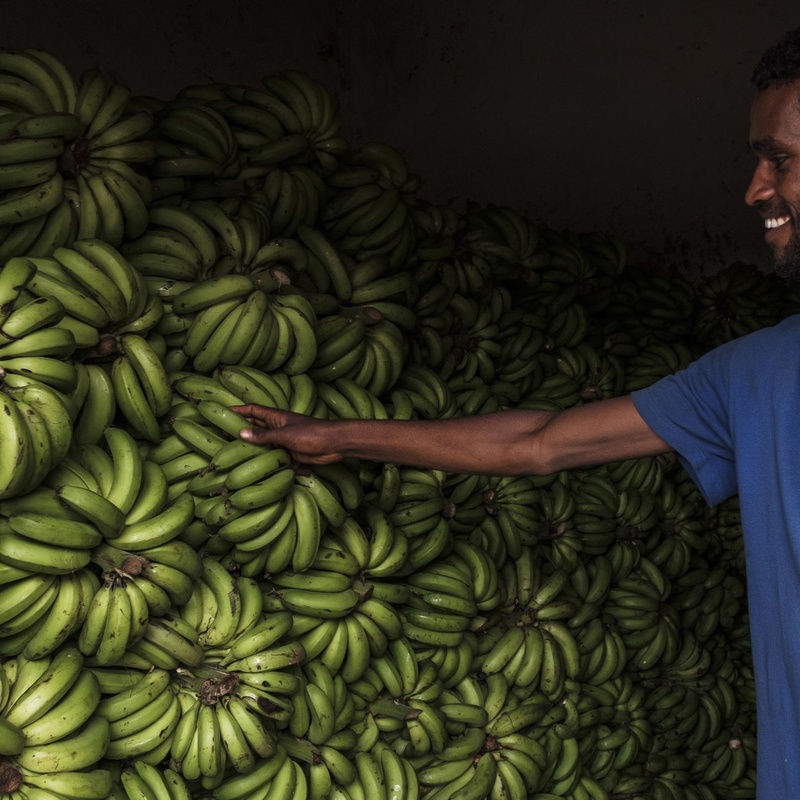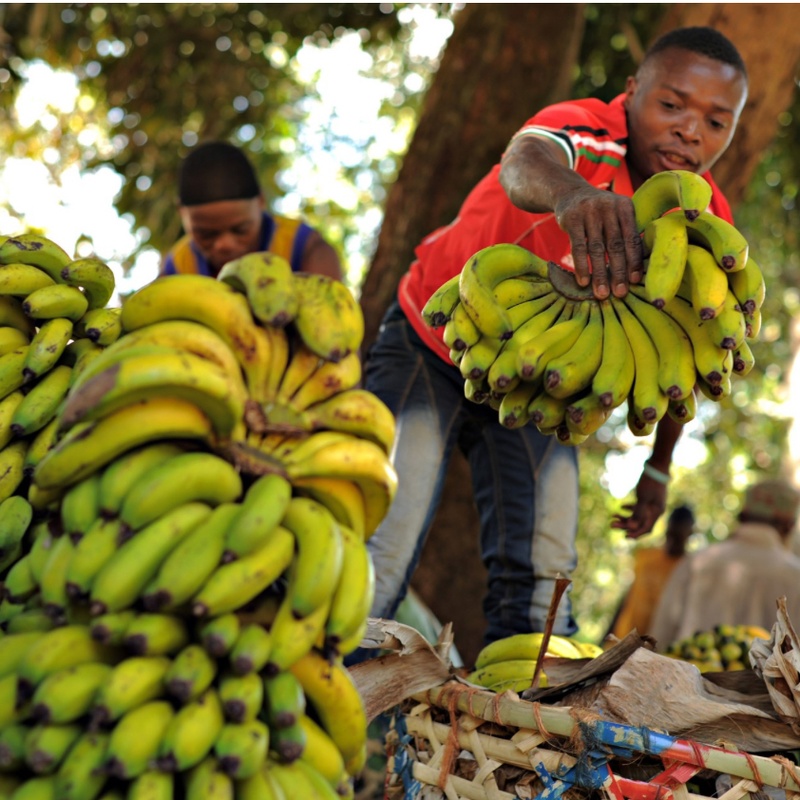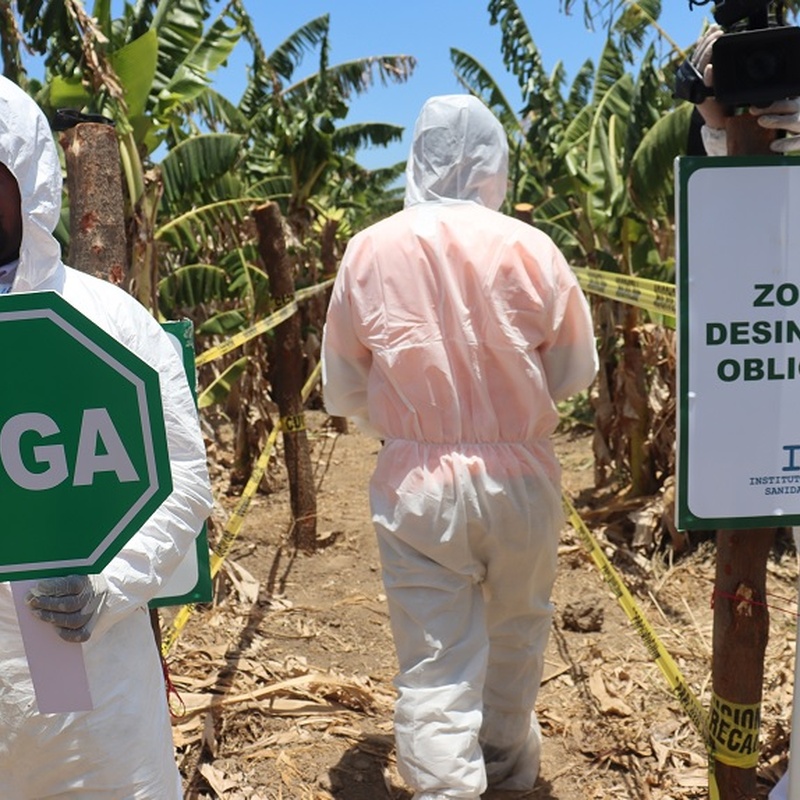IPPC Global coordination response on Fusarium oxysporum f. sp. cubense Tropical Race 4 (TR4)
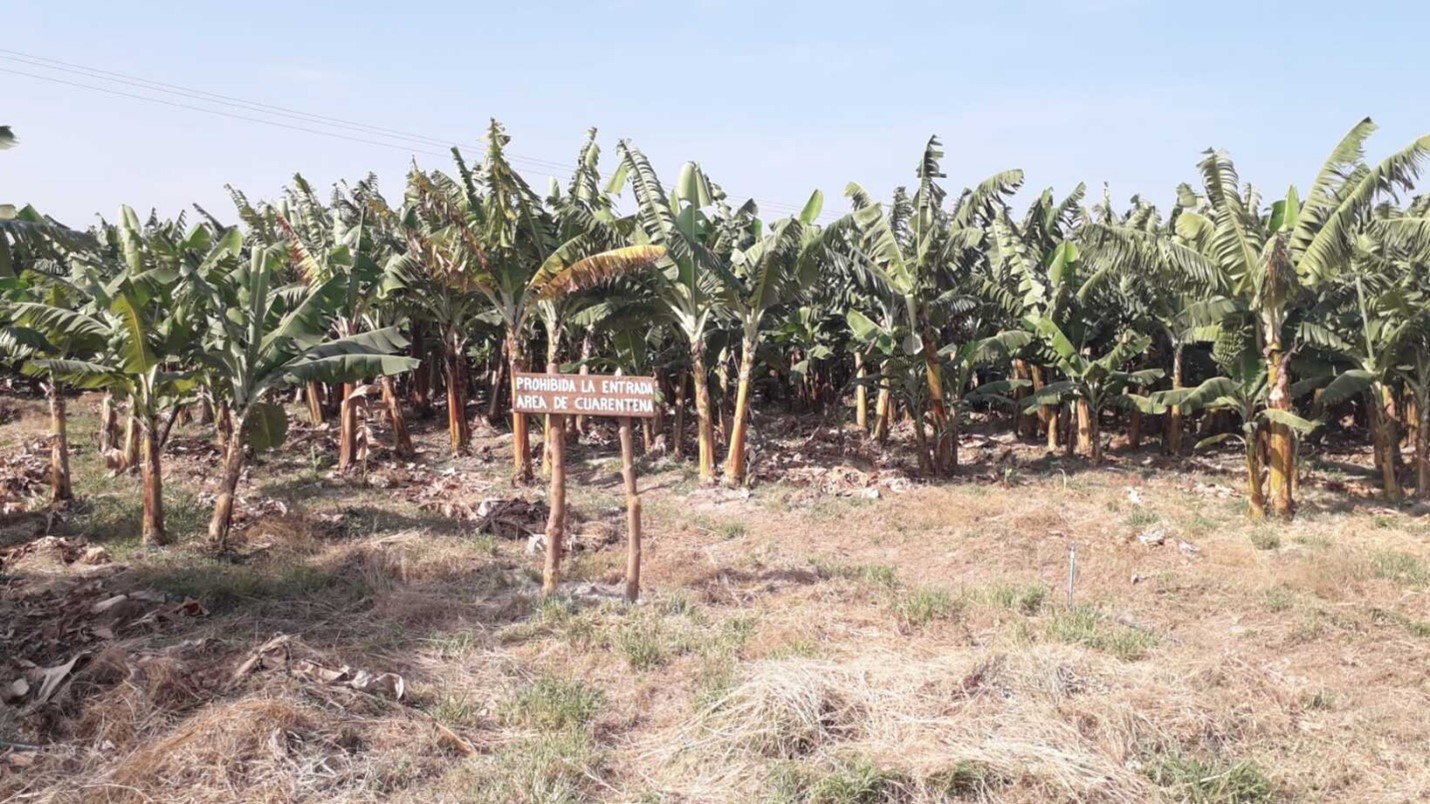
- More than 135 countries worldwide produce bananas and plantains
- 400 million people depend on bananas for food security as this is the world’s most exported fresh fruit. Protecting banana production and small-scale growers’ livelihood is a priority.
- Fusarium TR4 has been reported in 21 countries in Africa, Asia, Latin America and the Pacific
- A fungal pathogen, Fusarium TR4, has the potential to cause 100% yield loss on banana and plantain farms, especially Cavendish bananas, which account for about 90% of export production
The IPPC community is actively working to mitigate the introduction and spread of plant pests and diseases, such as Fusarium wilt, which continue spreading rapidly and threatening essential crops such as bananas and plantains. Fusarium wilt, caused by a pathogen Fusarium oxysporum f. sp. cubense Tropical Race 4 (Fusarium TR4), is one of the most detrimental pests to Musaceae (banana varieties family) and can cause 100 percent yield loss on affected farms. In a world where millions of people rely on bananas for food and income, TR4 infestation impacts agriculture and the livelihoods of farmers, traders and consumers worldwide.
Recognizing the urgency of the situation and the indispensable role of international cooperation, in 2023, the 17th Commission on Phytosanitary Measures (CPM-17) underscored the importance of the International Plant Protection Convention (IPPC) Secretariat in coordinating global efforts to prevent the introduction and spread of Fusarium TR4. CPM-17 emphasized that no single country could manage this challenge alone, highlighting the critical need for unified action on a global scale.
What is Fusarium TR4?
Fusarium TR4 is a strain of the soil-borne fungus Fusarium oxysporum f. sp. cubense that causes Fusarium wilt, a significant threat to global banana and plantain production and trade.
The pathogen infects the roots of banana plants and blocks the vascular system through which the plant receives water and minerals, causing it to dry-up and eventually die.
The pest affects various banana and plantain varieties, including the widely cultivated Cavendish, which accounts for around 50 percent of global banana production.
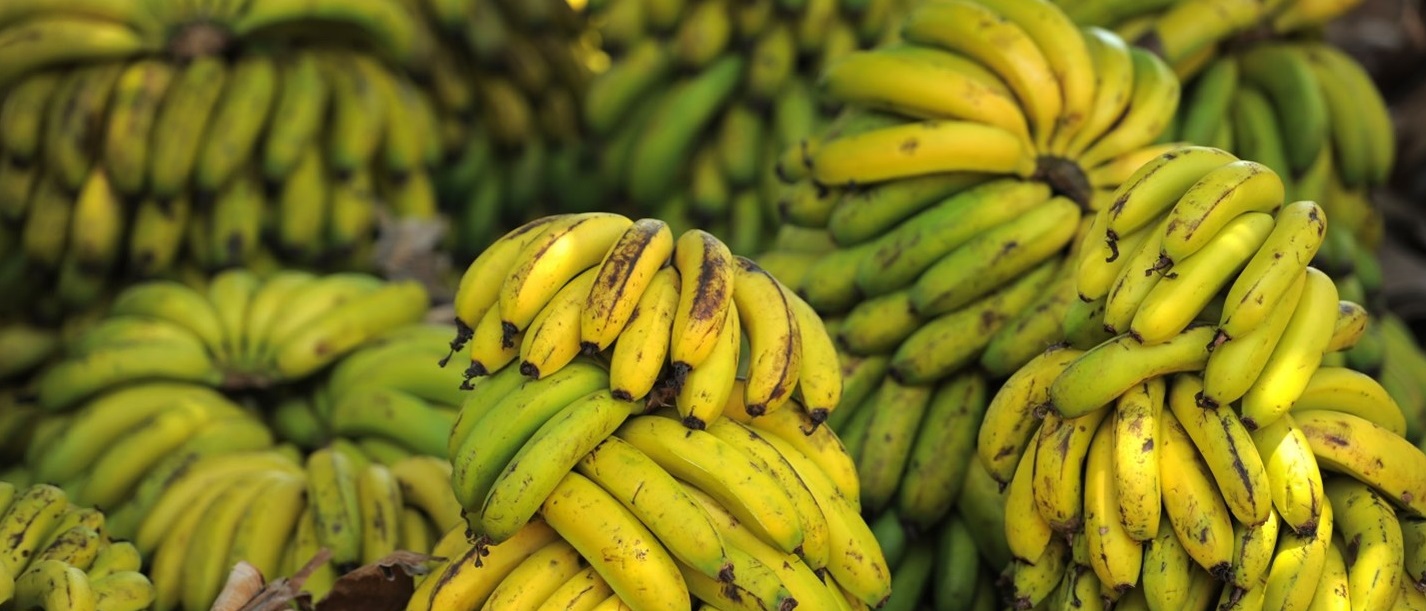
© FAO/Daniel Hayduk, Tanzania. Farming and rural activity
How does Fusarium TR4 spread?
Fusarium TR4 was first detected in Asia in 1970 and has rapidly spread across other continents, reaching Africa in 2013 and Latin America in 2019. Fusarium TR4 can enter into new areas through human-mediated and natural pathways, including movement of infected planting material, movement of contaminated soil on agricultural machinery, farm tools and footwear, drainage water, surface (rain or irrigation) water runoff, floods and unsterilized potting composts.
To consult the distribution of Fusarium TR4, please refer to Fusarium oxysporum f. sp. cubense Tropical race 4 EPPO Global Database
How to prevent Fusarium TR4?
Fusarium TR4 forms a specialized spore (chlamydospores) that enables it to survive in the soil for over 30 years and makes it hard to manage. It is technically difficult to eradicate Fusarium TR4 using conventional methods such as fungicides and soil fumigants. The most effective strategies involve preventing its entry into non-affected areas and immediate containment upon detection. It is thus critical to implement proactive phytosanitary measures and innovative approaches to manage Fusarium TR4, prevent its entry and spread and safeguard banana trade. The fungus does not affect human health or the banana fruit.
Capacity development and communications materials
- The IPPC guide on Prevention, preparedness and response guidelines for Fusarium Tropical Race 4 (TR4) of banana is available in English and French and soon in Spanish. This is in addition to the many existing IPPC guides and e-learning courses available on relevant topics such as Surveillance, Diagnostics and Emergency preparedness. All IPPC guides and e-learning courses are available here.
- Fusarium TR4: Communications Planning Recommendations
- Posters and vertical banner on Fusarium TR4 and simulation exercises
- Recordings of the 2022 Workshop Series: Fusarium TR4 Diagnostic, Surveillance, Inspection and Simulation Exercises
- Recording of the CPM-18 side session on Banana TR4 including regional and country-specific case study presentations.
- Recording of the CPM-19 Side session: Innovative research and tools to prevent and contain Fusarium TR4 spread
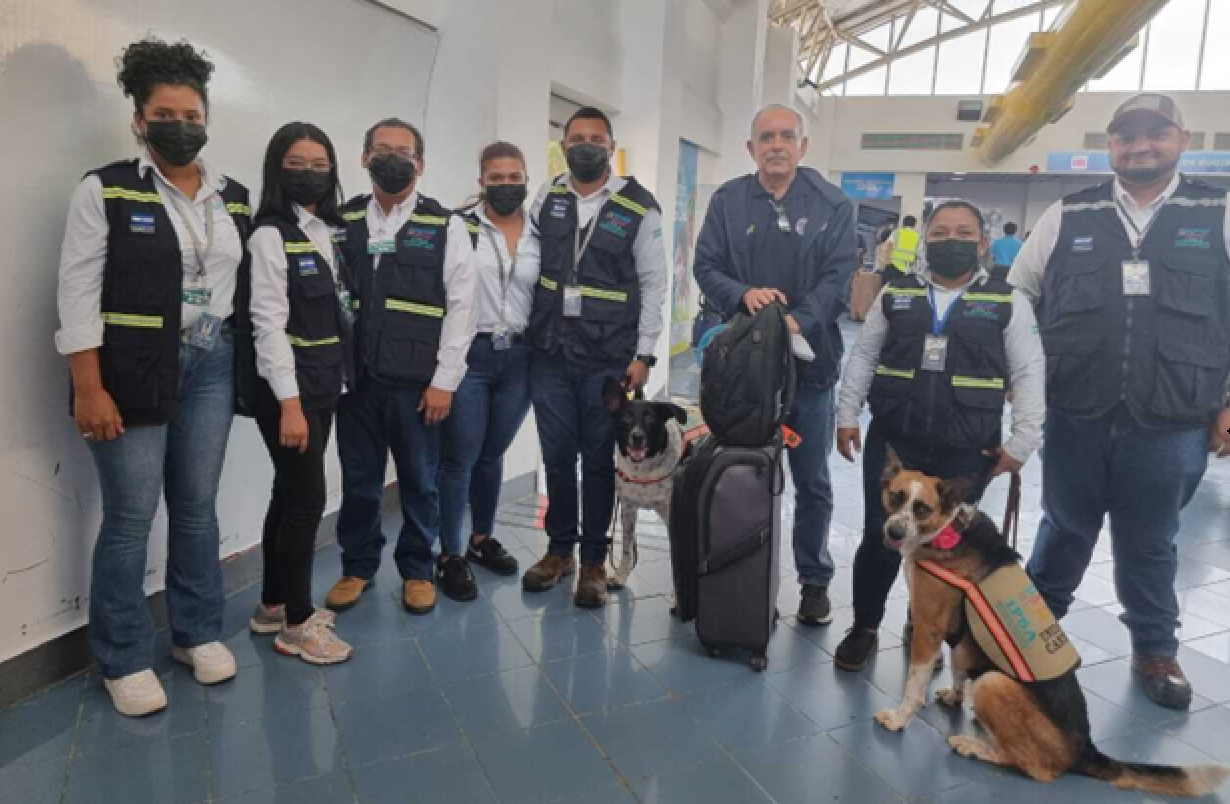
2023 ©Instituto de Protección y Sanidad Agropecuaria (IPSA)
News items and spotlights
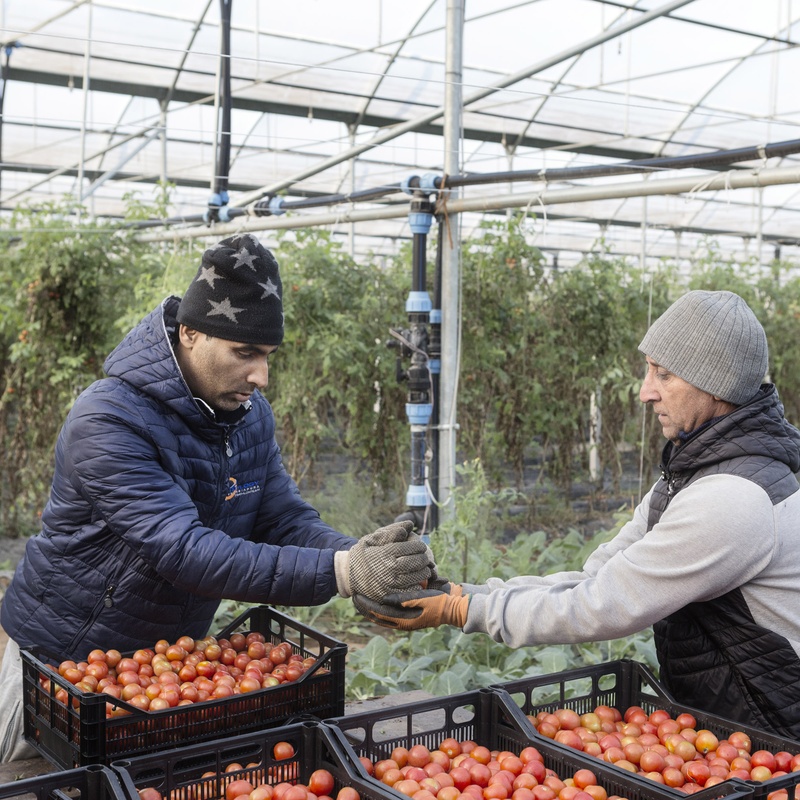
30 September 2023
Seven IPPC regional workshops, one common agenda-strengthening global phytosanitary capacity - International Plant Protection Convention
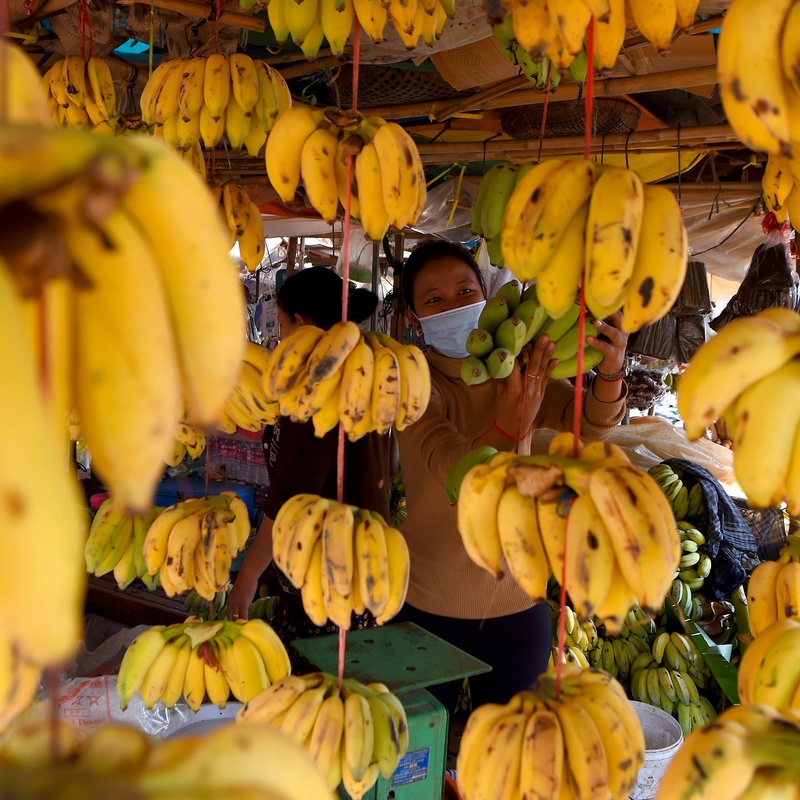
11 July 2023
IPPC and Group of Latin America and the Caribbean strengthen collaboration against Fusarium Tropical Race 4
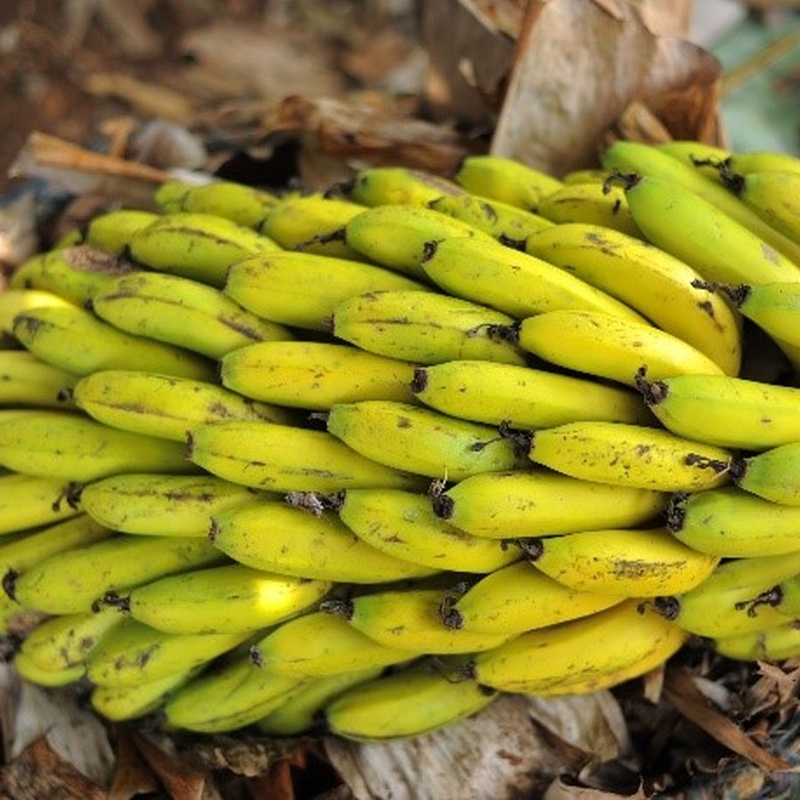
21 February 2023
IPPC to support Venezuela in managing Tropical Race 4 presence that threatens banana plantation


